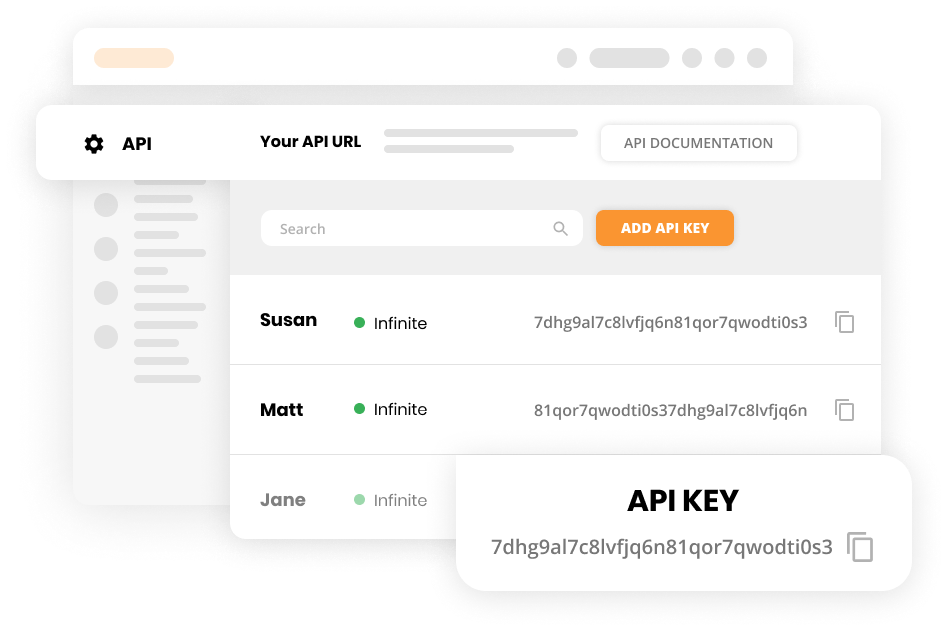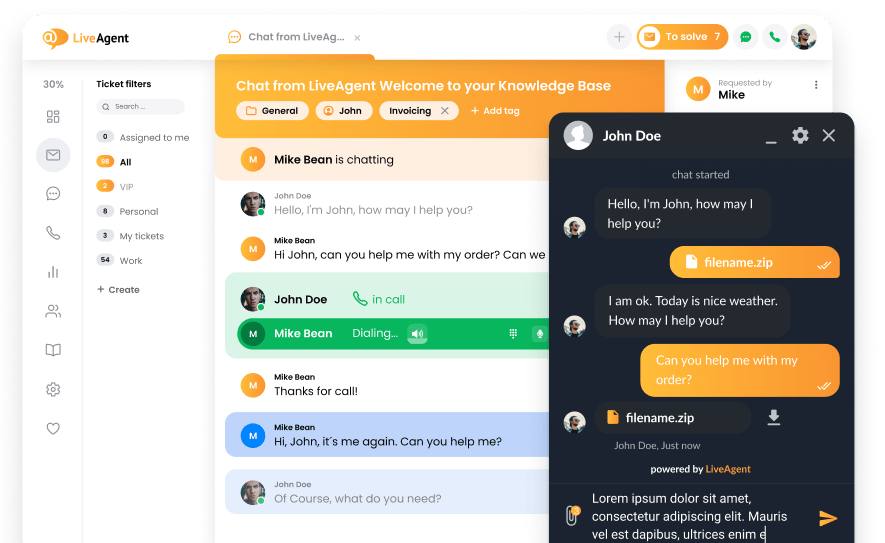What is API?
API is an acronym for Application Programming Interface. It is a combination of various definitions and protocols that can build and interact with application software. Simply put, APIs allow applications to communicate with each other. APIs are sometimes thought of as contracts with terms between two parties: If one party sends a remote request with a particular structure, the second party’s software responds.
APIs are used mostly for software engineering – app development or integration of new components into an existing structure. APIs bring forward innovative services as a single new app can change the market and affect the whole industry.

To ensure security, the API function uses an API gateway – a software component between a client application and backend services. Security is essential when using a microservices application architecture, if you’ve added monitoring and analytics tools, or if you have monetized APIs.
There are three API release policies:
- Private – for internal use only
- Public – publicly available
- Partner – partnered with specific businesses
LiveAgent uses service APIs to connect with other pieces of software and integrate with other systems. Check LiveAgent’s complete API reference.
Take your help desk service to next level
LiveAgent offers multiple API actions. Try them out today!
Watch a video about APIs
We highly recommend watching this video about APIs to gain a comprehensive understanding of their significance in facilitating seamless communication and data exchange between software systems.

Topics
- APIs and their purpose
- Types of APIs and their uses
- APIs as gatekeepers for personal data
Video summary
APIs are a way for different programs to work together in various ways. They can be used to get access to data from third parties, exchange information, hide complexity and perform tasks, and extend functionality of existing systems. They can also act as gatekeepers to protect our personal data. API's are all around us, making developers more efficient and allowing multiple services to work together. It is important to revoke permissions when we no longer use an app.
Frequently Asked Questions
What does API mean?
Service APIs, or application programming interface, is a set of rules that accurately describes how programs communicate with each other.
Does LiveAgent share its API?
LiveAgent provides all information about its API function.
What actions are available through LiveAgent API?
The LiveAgent API actions available include: Download the list of companies. Delete conversations. Create new conversations. Register new customers. Download the department list. Remove Knowledge Base Entries. Department reports.
![Expert badge]() Expert’s note
Expert’s note
APIs are essential in enabling communication between different software applications, leading to personalized solutions and increased customer satisfaction.


 Български
Български  Čeština
Čeština  Dansk
Dansk  Deutsch
Deutsch  Eesti
Eesti  Español
Español  Français
Français  Ελληνικα
Ελληνικα  Hrvatski
Hrvatski  Italiano
Italiano  Latviešu
Latviešu  Lietuviškai
Lietuviškai  Magyar
Magyar  Nederlands
Nederlands  Norsk bokmål
Norsk bokmål  Polski
Polski  Română
Română  Русский
Русский  Slovenčina
Slovenčina  Slovenščina
Slovenščina  简体中文
简体中文  Tagalog
Tagalog  Tiếng Việt
Tiếng Việt  العربية
العربية  Português
Português 
 Expert’s note
Expert’s note



